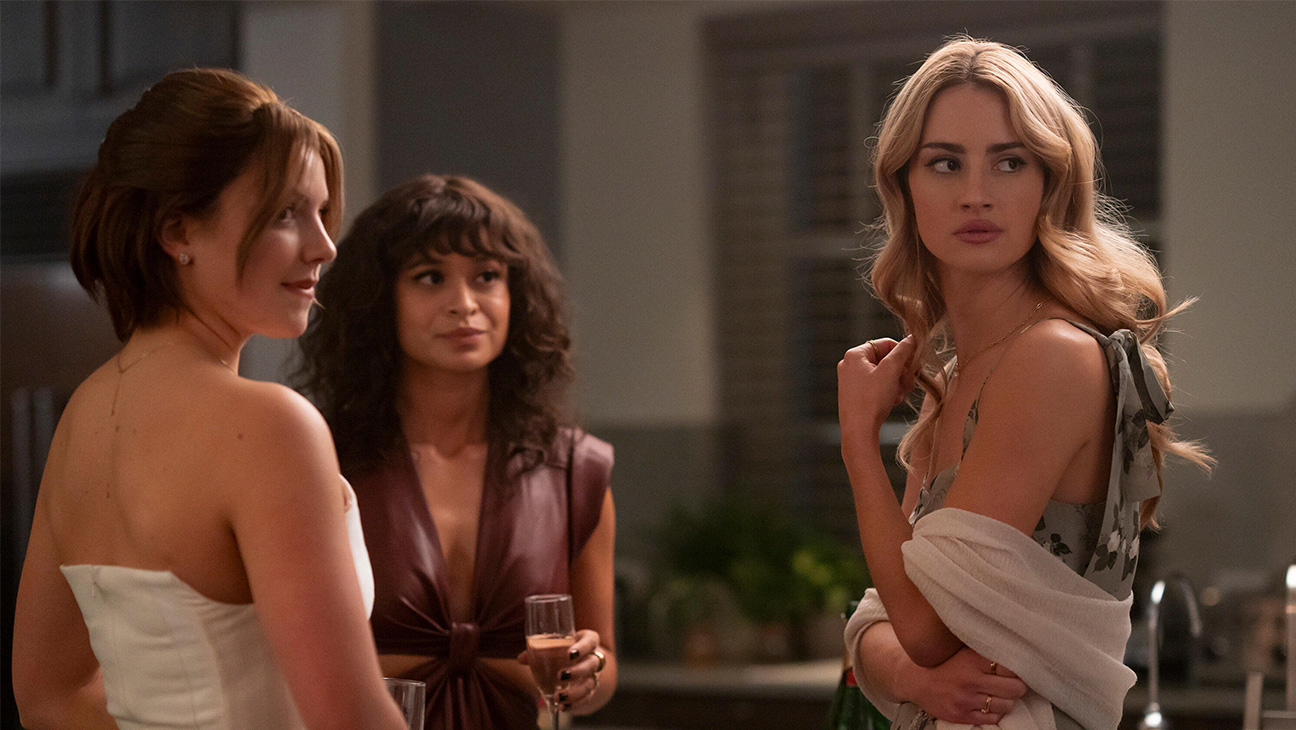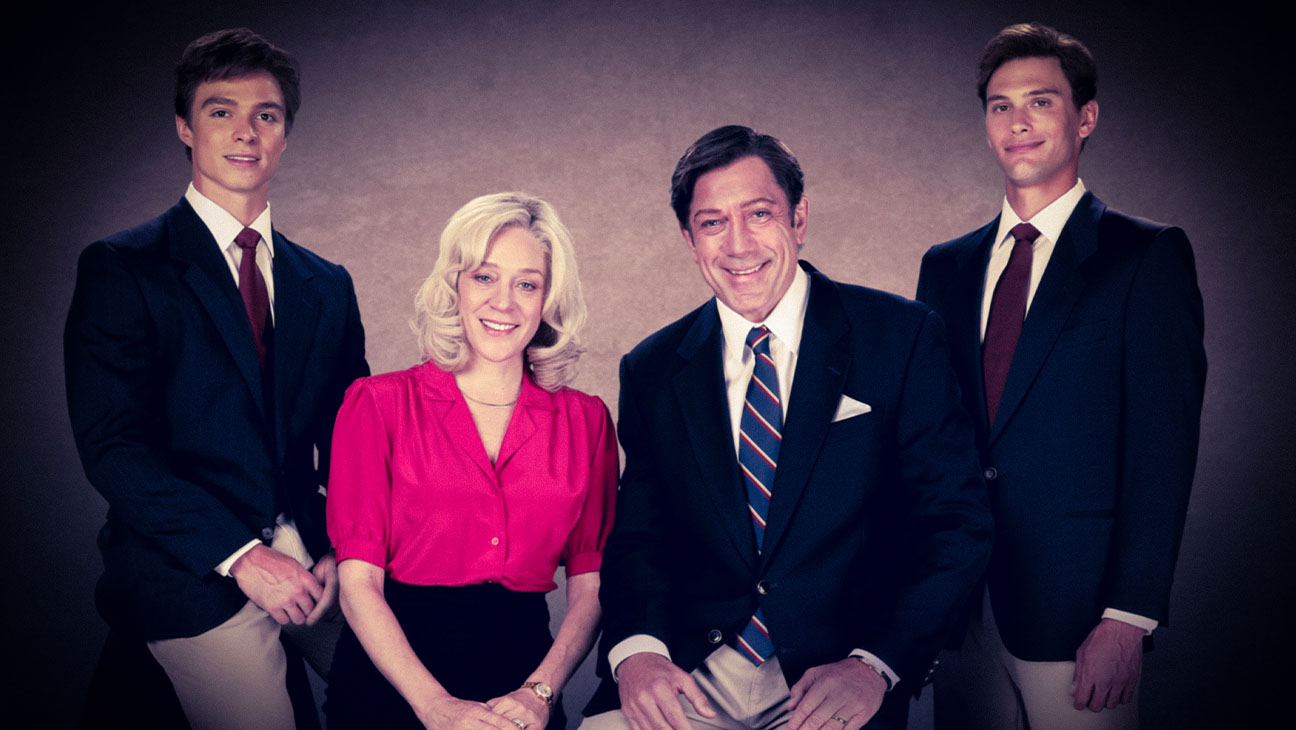Three Days of Fish, the sophomore feature outing from Dutch director Peter Hoogendoorn (Between 10 and 12) had its world premiere in the main competition of the 58th edition of the Karlovy Vary International Film Festival (KVIFF) this weekend.
“Just as he does every year, dad flies from sunny Portugal for a three-day visit to the Netherlands, the drab country of his birth,” reads the film description on the fest website. “He has his usual errands to run and he visits his doctor for his annual check-up, accompanied by his eccentric grown-up son.”
The film’s cast is led by Ton Kas and Guido Pollemans. Highlighted the fest programmers: “This intimate film offers a glimpse into the relationship between two men who have grown apart yet, as they engage in seemingly mundane activities, little by little they try to find their way back to one another.”
At one KVIFF screening that was followed by a Q&A, Hoogendoorn explained his choice of black-and-white images, while Pollemans explained the use of minimal dialogue.
Discussing not using color, he explained: “When I was writing and arranging, I thought how if I’m remembering things about people that are lost in my life, then it’s little, small things that I can remember, ordinary things. Where we were, specifics. So for me, it was also a film about the sort of memory of being together although my father is still [alive]. So it was sort of a photo album kind of thing where you look to the past.”
Another reason was that he shot the film in Rotterdam. “There is a sort of style. New buildings, old buildings, rats. It is a total mess. And you can use it of course, but we wanted to focus on them because for me, it was always a film about the chemistry between the father and son, and about behavior. So we wanted to focus on that.”
Pollemans touched on the use of dialogue in the film and how it evolved. “You can see Peter’s script as a sort of blueprint. It’s where we started when we rehearsed for us to know why you say what you say,” he explained. “But then we realized when we were rolling on the set, I think every time we took a scene, words really fell out on the screen, because Tom and I felt that we did not have to say [certain things], because we already were playing it. So there were a lot of lines skipped. And actually, the scenes are still intact.”



